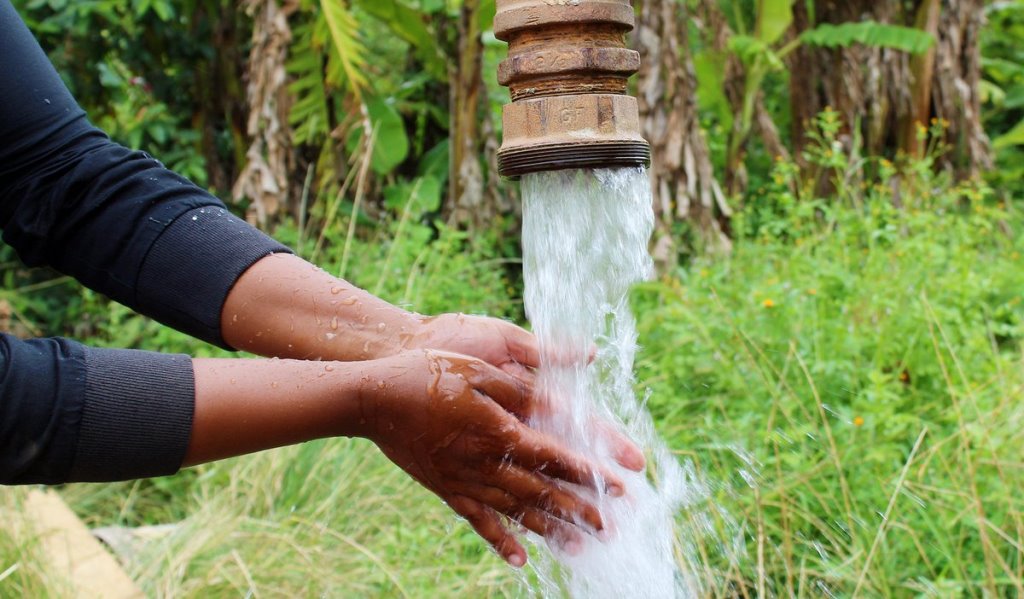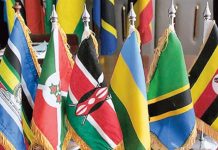Author: SYLIVESTER DOMASA
AfricaPress-Tanzania: THE Global Water Partnership (GWP) has started evaluating the degree of Tanzania’s implementation of Integrated Water Resources Management (IWRM) in which it foresees greater improvements from the earliest assessment.
The organisation is commis- sioned by the United Nations Environment Programme (UNEP) to conduct a national assessment of the sustainable development goals target 6, indicator 5.1, expressing optimism that “there will be much progress.”
GWP conducted the first assessment in 2017 measuring four key components of enabling environment, institutions and participation, management instruments as well as financing.
“This process is required to be conducted every three years. We mark scores in each component between zeros to 100, reflecting very low to the very high degree of implementation,” he said.
In the 2017 assessment, Tanzania scored 50 on enabling environment, he said, but the preliminary assessment shows a slight increase to a national average of 55 scores.
The area involved a question on what is the status of policies, laws and plans to support IWRM at the national level.
Dr George Lugomela, Director of Water Resources in the Ministry of Water, said during a working session involving stakeholders, that the government had charted a number of strategies to ensure that the nation attains the SDG target 6.5 that seek to implement IWRM at all levels by 2030.
“We have created forums. The national multi-sector pro- gramme on water resource management and water basin resources management under- stands that water resource is life,” he said.
Unfortunately, the director said, each area had its own challenges and therefore needed a different approach.
He added that the authority was considering adopting a much more lenient approach that will trickle down to say catchments and or sub catchments, so that challenges arising from one part is solved amicably without affecting the other.
Dr Lugomela was optimistic that the country would register greater strides during the ongoing assessment.
He remarked that currently, according to the UN assessment, Tanzania was among middle low-income category countries implementing IWRM.
The UN-water indicators linked to SDG 6.5 on IWRM include a proportion of transboundary basin area with an operational arrangement for water cooperation, the amount of water and sanitation-related official development assistance that is part of government coordinated spending plan and the proportion of local administrative units with established and operational policies and proce- dures for the participation of local communities.
Shahidi wa Maji Chairman and member of Tanzania National Water Board, Dr Herbert Kashililah, expressed concern over approaches applied by some members of the community in protecting and conserving water sources.





